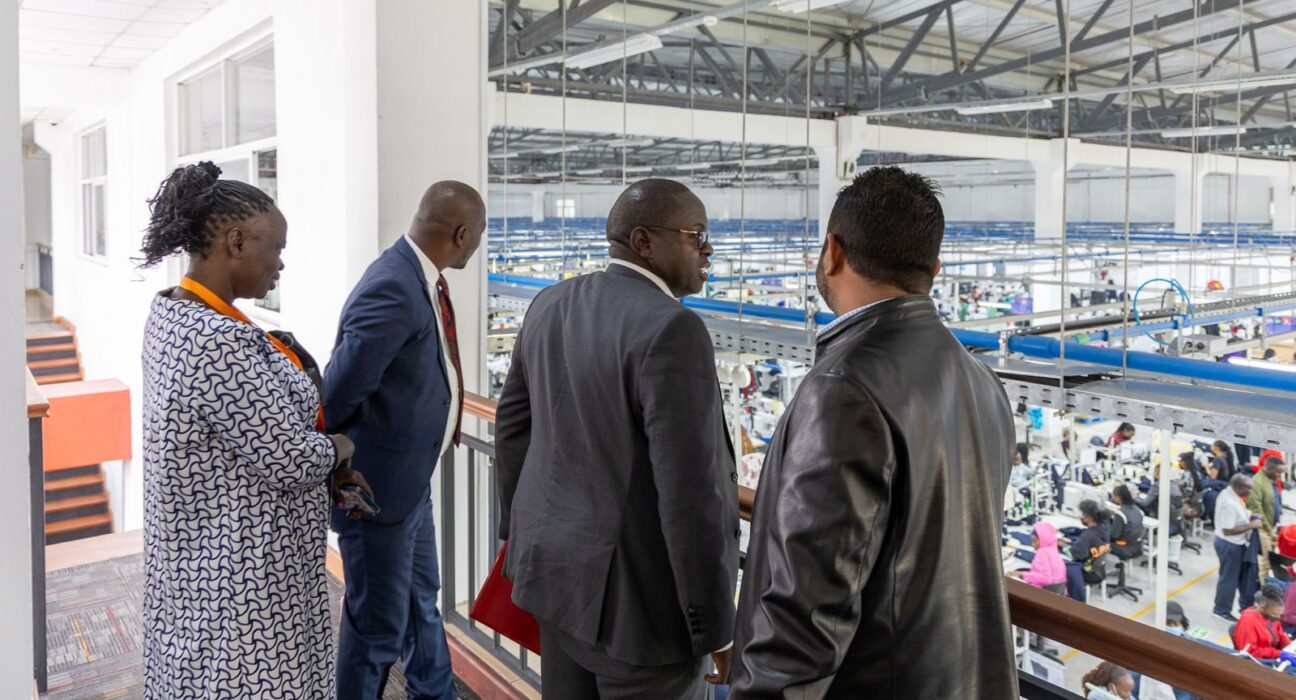Kenya’s Export Processing Zones (EPZ) play a pivotal role in the country’s economic development, serving as a hub for export-oriented businesses. These zones are designed to promote and facilitate the export of goods by providing businesses with various incentives, including tax exemptions, infrastructure support, and streamlined regulations. In this article, we’ll explore what EPZs are, their benefits, how businesses can set up operations within these zones, and their overall impact on Kenya’s economy.
What Are Export Processing Zones?
Export Processing Zones (EPZs) are designated areas within a country where goods can be manufactured, processed, and assembled for export without the same regulatory burdens and taxes that apply to the rest of the country. In Kenya, the EPZ program was established under the Export Processing Zones Act of 1990, with the primary goal of attracting foreign investment, creating jobs, and boosting the country’s export earnings.
Kenya’s EPZs are strategically located across the country, with significant zones in Athi River, Mombasa, and other key areas. These zones offer an enabling environment for export-oriented industries, particularly in manufacturing, textiles, agro-processing, and assembly.
Benefits of Operating in an EPZ
Businesses operating within Kenya’s EPZs enjoy a range of incentives and benefits designed to make export production more competitive. These include:
- Tax Holidays: EPZ companies benefit from a 10-year corporate tax holiday, after which they pay a reduced tax rate of 25% for the next 10 years.
- Exemption from Import Duties: Raw materials, machinery, and equipment imported for use within the EPZ are exempt from import duties and VAT.
- Repatriation of Profits: Investors can repatriate profits and dividends without restrictions, making EPZs attractive to foreign investors.
- Streamlined Regulations: The regulatory environment within EPZs is designed to be business-friendly, with simplified procedures for business registration, licensing, and operations.
- Infrastructure Support: EPZs are equipped with necessary infrastructure, including reliable electricity, water, and transport links, reducing operational costs for businesses.
These incentives are designed to attract both local and foreign investors to Kenya, helping to diversify the economy and create jobs.
How to Set Up in an EPZ
Setting up operations within an EPZ in Kenya involves several steps, which are relatively straightforward due to the streamlined processes within these zones:
- Application Process: Businesses interested in operating within an EPZ must submit an application to the Export Processing Zones Authority (EPZA). This application should include details of the proposed business activities, financial projections, and investment plans.
- Approval and Licensing: Once the application is approved, the business is issued an EPZ license, which allows it to operate within the designated zone and enjoy the associated benefits.
- Infrastructure Development: Businesses can either set up their facilities within existing EPZ infrastructure or develop their own facilities within the zone, subject to EPZA approval.
- Operational Commencement: Once all approvals are in place, the business can commence operations, taking advantage of the EPZ incentives and support.
Types of Businesses Suited for EPZs
Kenya’s EPZs are suitable for a wide range of export-oriented businesses, with particular emphasis on manufacturing, agro-processing, textiles and apparel, pharmaceuticals, and electronics assembly. The textile and apparel sector has been one of the most successful in Kenya’s EPZs, driven by access to the U.S. market under the African Growth and Opportunity Act (AGOA).
Agro-processing is another key area, with EPZ companies exporting processed agricultural products such as tea, coffee, and fresh produce. The pharmaceutical industry is also gaining traction within EPZs, with companies manufacturing drugs for export to regional and international markets.
Impact of EPZs on Kenya’s Economy
The establishment of EPZs has had a significant impact on Kenya’s economy, contributing to job creation, export growth, and foreign direct investment (FDI). EPZs have generated thousands of direct and indirect jobs, particularly in the manufacturing and textiles sectors, where labor-intensive processes are prevalent.
EPZs have also helped Kenya increase its export earnings, with a significant portion of the country’s manufactured exports coming from these zones. The influx of FDI into EPZs has further strengthened Kenya’s position as a regional economic hub, attracting investors from around the world.
Challenges Facing EPZs
Despite the many benefits, Kenya’s EPZs face several challenges that could hinder their growth and effectiveness. These include:
- Infrastructure Gaps: While EPZs are equipped with essential infrastructure, gaps still exist, particularly in transport and logistics, which can increase operational costs.
- Global Competition: Kenya’s EPZs compete with those in other countries, particularly in Asia, where production costs can be lower. This competition necessitates continuous improvement in the incentives and support provided by Kenya’s EPZs.
- Policy Uncertainty: Changes in government policies and regulatory frameworks can create uncertainty for investors, potentially deterring investment in EPZs.
The Future of EPZs in Kenya
Looking ahead, Kenya’s EPZs have the potential to play an even greater role in the country’s economic development. The government is committed to expanding and improving the EPZ program, with plans to establish new zones and upgrade existing ones. Additionally, efforts are being made to diversify the types of businesses operating within EPZs, moving beyond traditional manufacturing and into high-value sectors such as technology and innovation.





